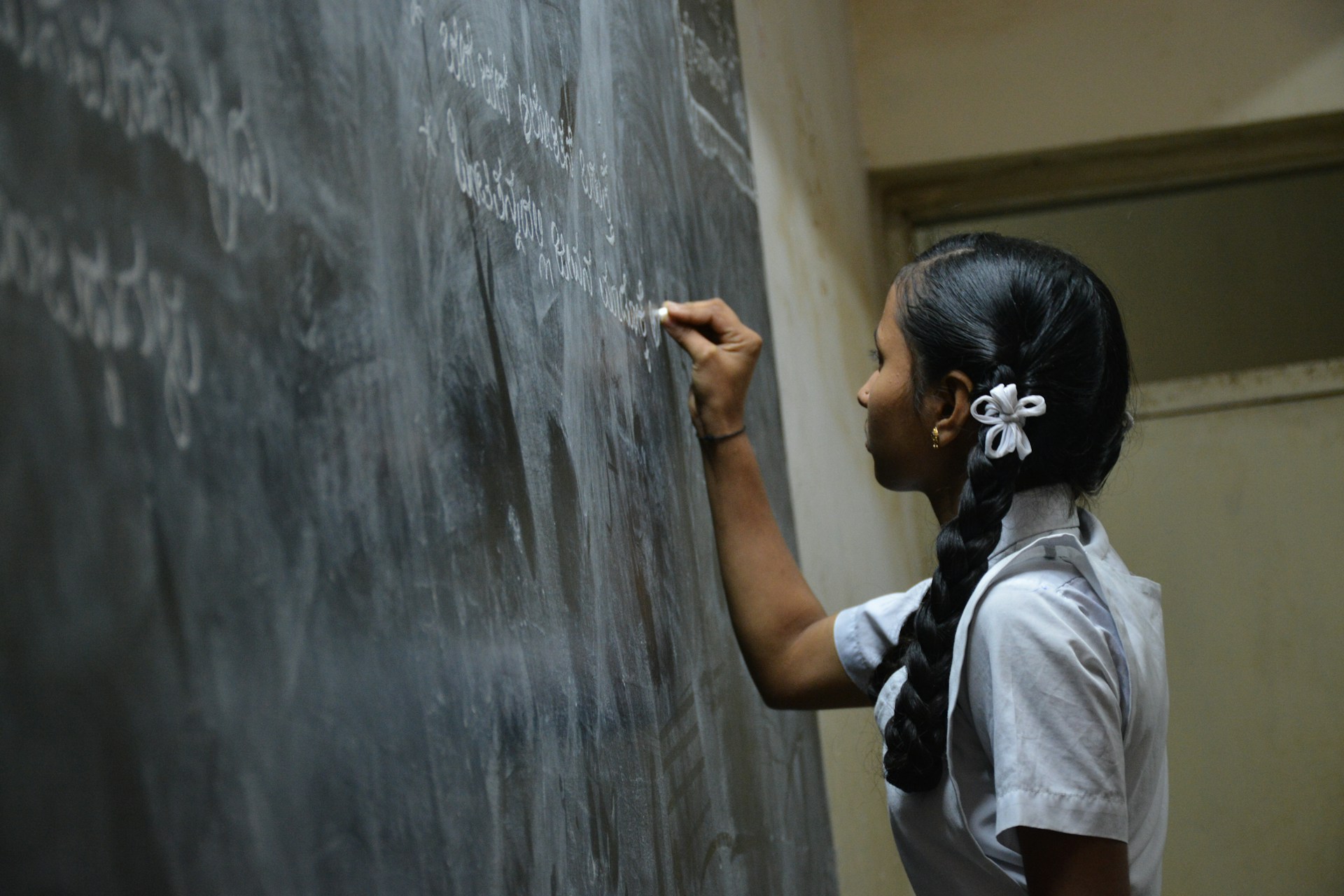How diversity in schools shapes student outcomes

A middle school student in Bengaluru India Photo Credit: Nikhita S on Unsplash
In 2006, Delhi’s elite private schools were mandated to reserve a significant number of seats for students from poor families. Using this natural experiment, this study tests how having poor classmates affects the prosocial behavior, social interactions and discrimination, and academic outcomes of richer students. Results find that wealthy students are more prosocial and generous when they have poor classmates, shown by their increased likelihood to volunteer for a charity, act generously during dictator games, and choose more equitable distributions of payoffs. In addition, wealthy students who have poor classmates show decreased discrimination against poor children, and are thus more willing to socialize with poor children outside of school. The project also found that mixing rich and poor children led to a marginal decline in English test scores, but no difference in Hindi or Math scores. The effects appear to be driven by personal interactions between rich and poor students.

